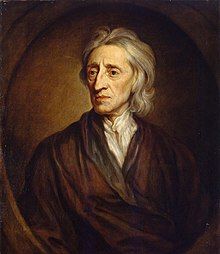163 reads
An Essay Concerning Humane Understanding, Volume I: Book II, Chapter XVI.
by
July 13th, 2022
Audio Presented by

English philosopher and physician, widely regarded as one of the most influential of Enlightenment thinkers
About Author
English philosopher and physician, widely regarded as one of the most influential of Enlightenment thinkers
